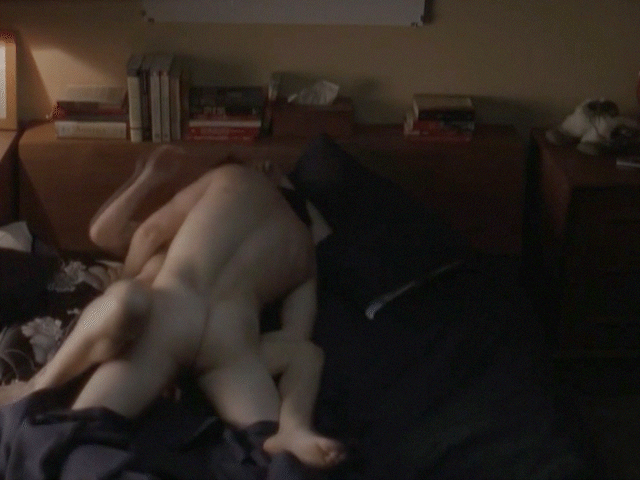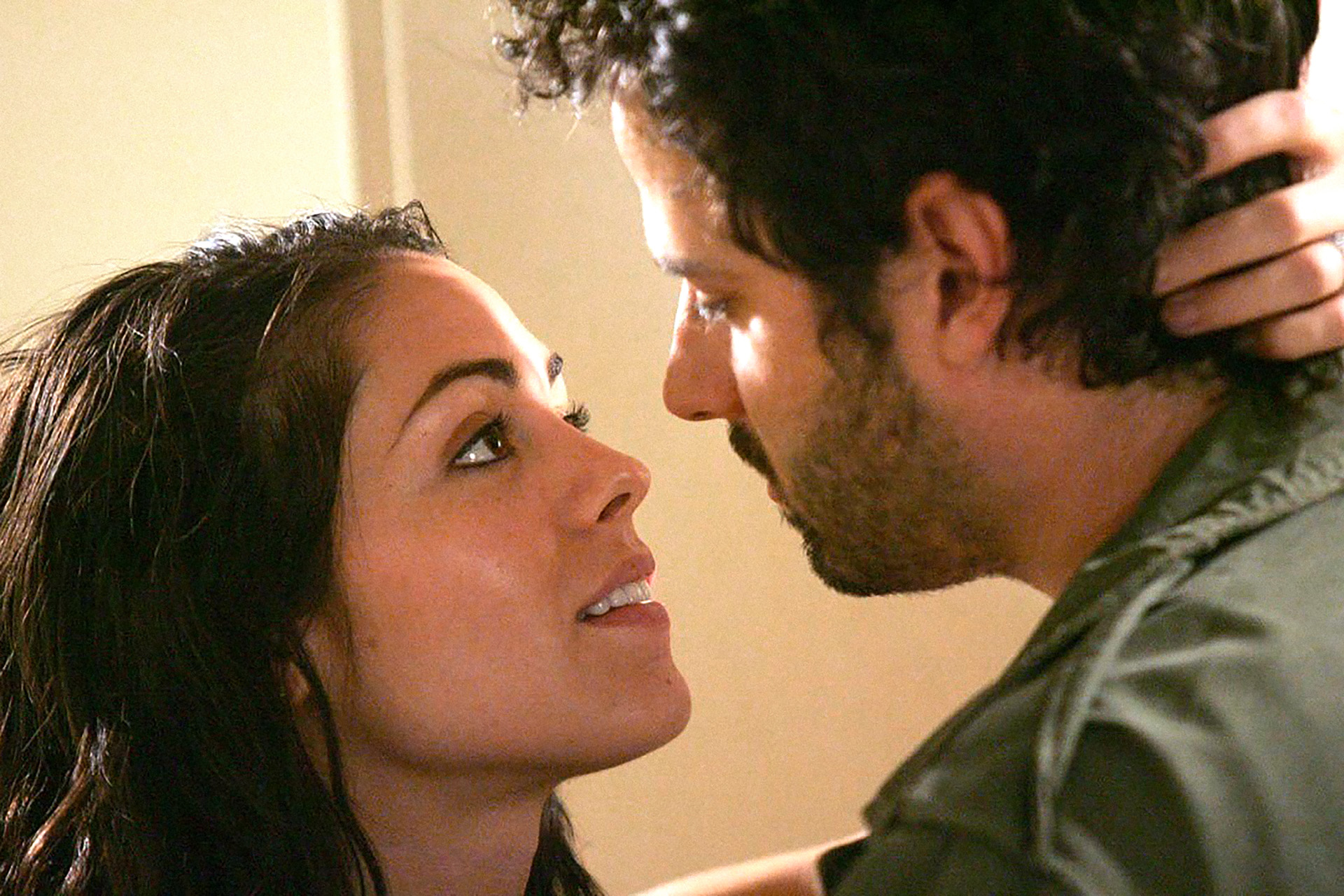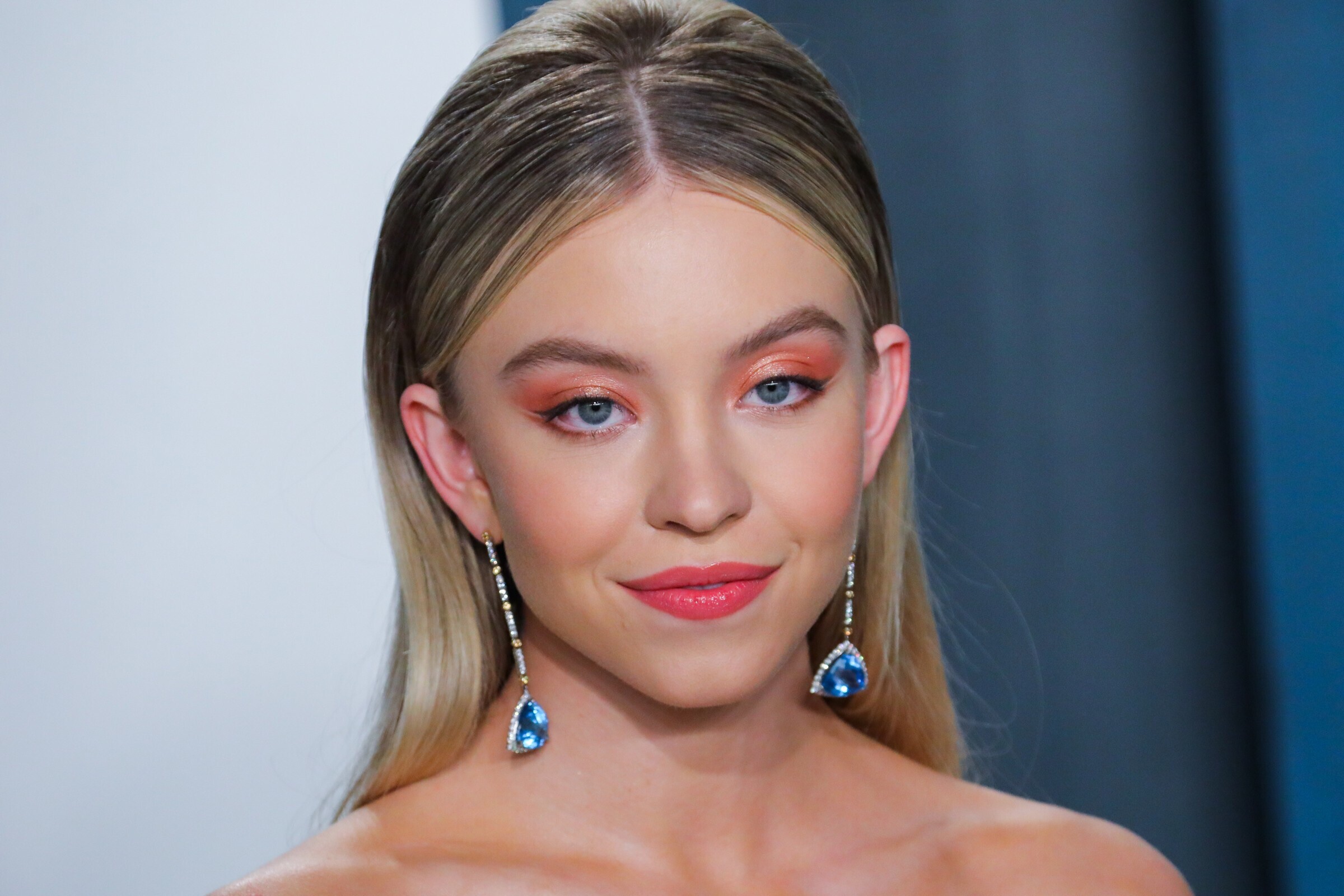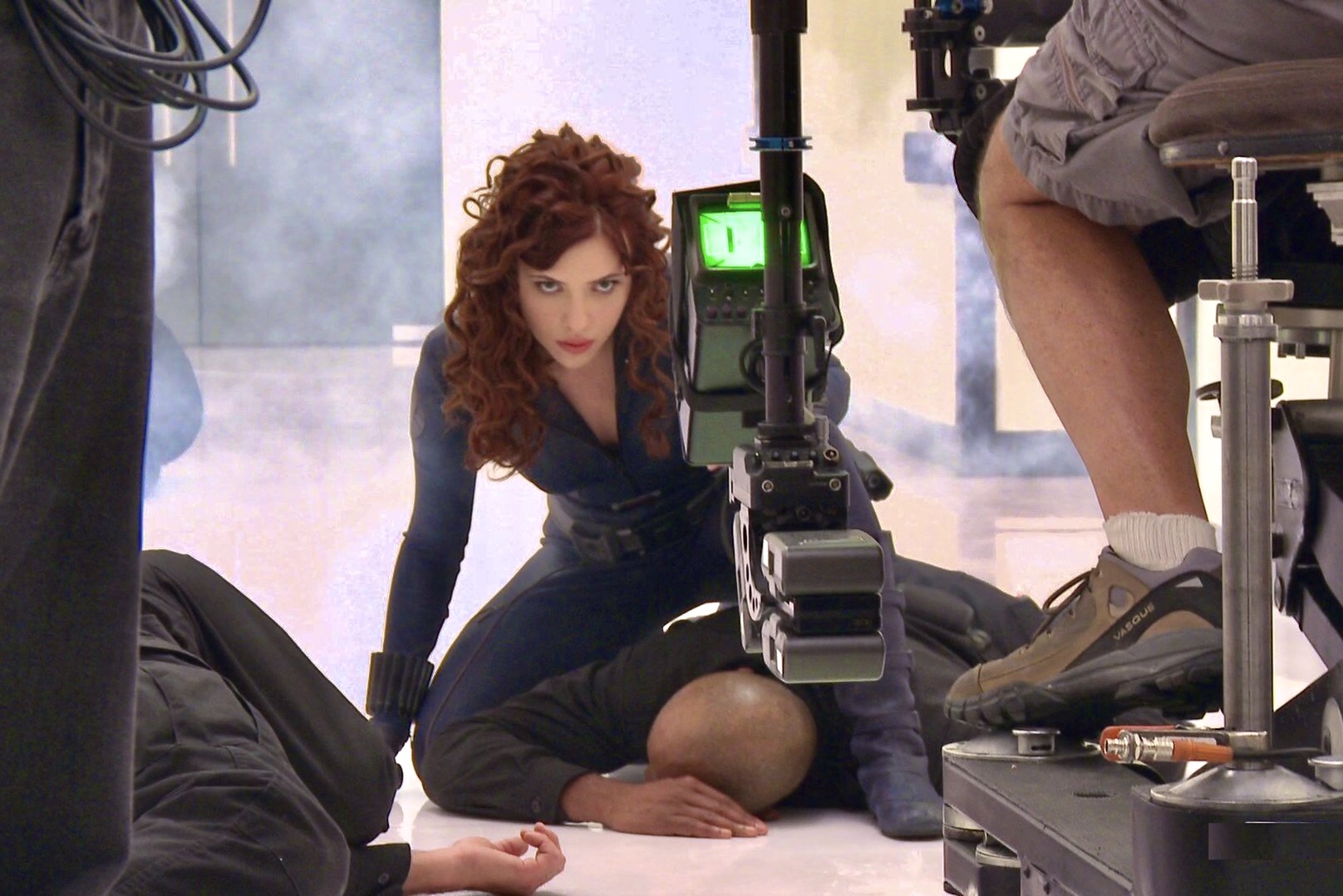In my exploration of television’s evolving landscape, I have been particularly captivated by HBO’s “Tell Me You Love Me,” a 2007 drama series renowned for its explicit sex scenes and bold portrayal of nudity. This show, which I find intriguing for its unfiltered depiction of marriage and relationships, became a hot topic of debate due to its raw sexual content and seductive storytelling. From my perspective, HBO has always been a trailblazer in challenging norms, and this series is a testament to that, proving that sex and nudity, when depicted as an art form, become powerful and non-offensive narrative tools.
The series, which is a part of HBO’s legacy of groundbreaking shows like “The Sopranos” and “The Wire,” focused on three couples sharing the same therapist, Dr. Foster. Creator Cynthia Mort envisioned a series that would candidly portray the naked truths of relationships, extending to the show’s daring approach to sex scenes. The handheld camera work and minimalistic music contributed to a voyeuristic atmosphere, most evident in the show’s depiction of sex, which was groundbreaking in its intensity and unapologetic nature. These scenes sparked media frenzy, breaking new ground in the portrayal of bare human emotion and physicality.
Actress Michelle Borth, who played a significant role in the series, was exemplary in her commitment to the role. Despite her previous vow to avoid topless scenes, Borth bravely faced the new challenge in “Tell Me You Love Me,” which required full nudity and intense, hot sex scenes. This bold approach was not gratuitous but a necessary part of authentically portraying intimate relationships. It’s a courageous and commendable effort that goes beyond mere acting into the realm of artistic expression, showcasing the human body in its most honest and vulnerable state.

The controversy surrounding the show unfortunately overshadowed its broader narrative and thematic depth. It garnered positive reviews and solid ratings, yet the public’s fixation on the sexual and naked aspects was a source of frustration for the cast, including Adam Scott. However, I view this controversy as an essential part of a critical discussion about the place of sexuality and seduction in artistic expression.
The series’ bold approach to sex was a deliberate artistic choice, aiming to break away from sanitized portrayals in mainstream media. The explicitness served a purpose—to portray intimacy and the human body in its most honest form. It’s a reminder that art should embrace the complexities of life, no matter how controversial, including the exploration of seduction and naked truths.
Reflecting on the series’ cancellation after its initial success, I see it as a loss for television. “Tell Me You Love Me” represented a bold step in the portrayal of adult relationships and sexuality, challenging viewers to confront their perceptions and biases about sex, naked bodies, and relationships. The series, despite its brief run, will be remembered for its unflinching portrayal of human intimacy and the bare, raw emotion it brought to the screen.

In the end, the discussion surrounding “Tell Me You Love Me” highlights the critical role of sex, nudity, and seduction in artistic storytelling. Its depiction, when honest and narrative-driven, is not only acceptable but profound in exploring human relationships. This series, with its candid look at relationships, including their sexual aspects, remains a significant case study in the portrayal of intimacy on screen. It pushed boundaries and sparked important conversations about artistic expression and the portrayal of sexuality, inviting viewers to reflect on their perceptions of intimacy, seduction, and the human body in its most vulnerable state.










